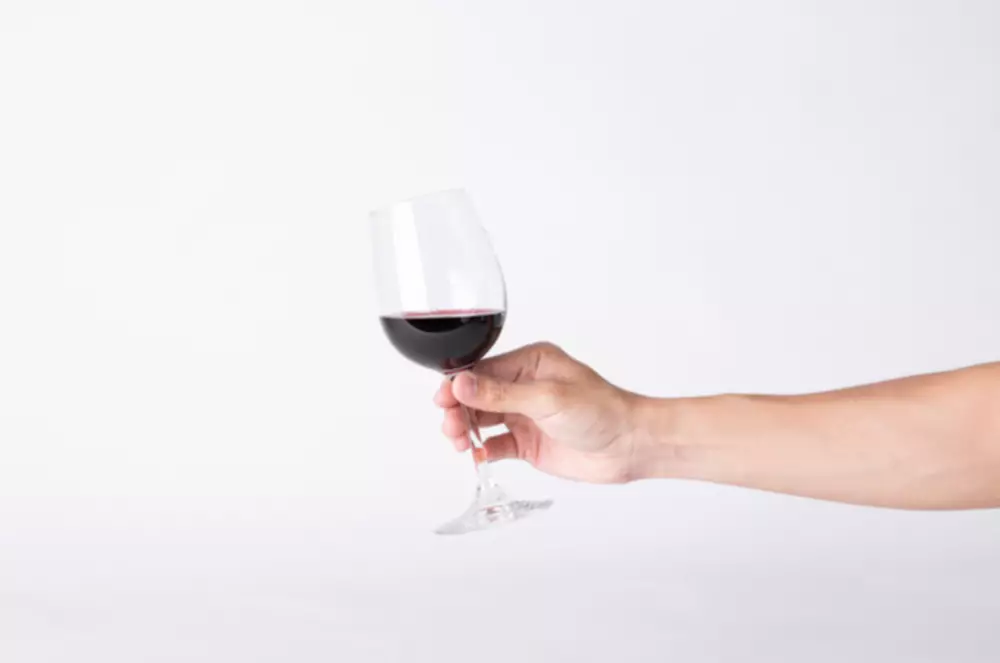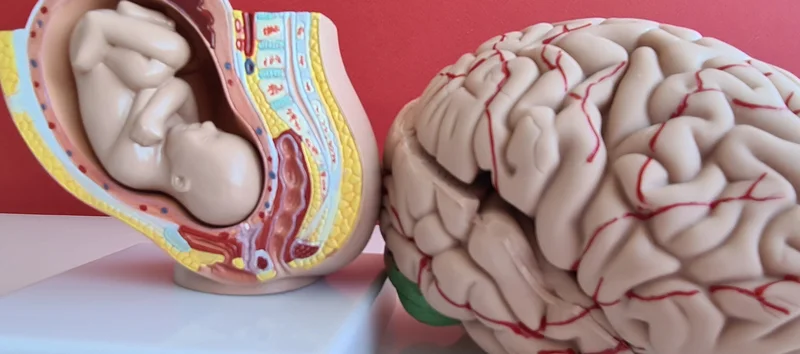
While you’re there, you’ll be able to rest, recover, and learn how to live of balance and purpose. Sobriety is a lifelong process, and it’s common to experience setbacks along the way. While learning what happens when you stop drinking how to live a life of sobriety can be challenging, it is possible. By creating a structured schedule, practicing healthy living and engaging in mindfulness and self-care practices, you can strengthen your resolve on your sobriety journey. Your urge to drink may be so intense that you can’t think about anything else.
- According to the National Sleep Foundation, alcohol can also exacerbate breathing issues, making snoring and sleep apnea even worse.
- You can also use the National Institute on Alcohol Abuse and Alcoholism’s Alcohol Treatment Navigator to search for a substance use treatment center near you.
- Cirrhosis, if not addressed, can also lead to liver failure and death.
- In a recent cross-sectional study, she and other researchers studied the brains of 60 individuals who’d been diagnosed with alcohol use disorder and abstained from drinking for at least four weeks.
This Is What Happens To Your Skin When You Drink—And When You Give Up Alcohol

These cravings are temporary and should dissipate within a few weeks. If you experience any severe symptoms, seek medical attention immediately. Keep a journal or use an app like Drink Control or Drink Aware to track your alcohol-free days and celebrate small wins along the way. Recognize situations or environments that may lead you to drink more (like certain friends who like to party or Thursday night karaoke). And do your best to avoid or minimize exposure to these triggers—at least while you’re adjusting to a not-drinking period. Alcohol depletes the body of essential vitamins and nutrients that are vital for hair health—like biotin, zinc, and folic acid.
trending now in Health
If you use more than that, cutting back or quitting may lower your blood pressure, levels of fat called triglycerides, and chances of heart failure. According to a study published in the American Journal of Nutrition, alcohol is one of the biggest drivers of excess food intake. That may be because alcohol heightens our senses, according to a new study published in the journal Obesity. Researchers found some women who’d received an alcohol “infusion” equivalent to about two drinks ate 30% more food what is Oxford House than those who’d received a saline solution.

Symptoms of Alcohol Withdrawal

The first stage of alcohol-related liver disease is called fatty liver, or steatosis. If not addressed, this condition can lead to other liver issues, notably hepatitis – an inflammation of the liver. When people think about alcohol and how it affects the body, the first thing that comes to mind is liver health. It’s true – the liver is one of the organs that is majorly impacted by alcohol consumption.

Many people who decide to quit drinking notice a significant improvement in both their physical and mental health within just a few weeks. While these changes are all positive, it’s important to note that heavy drinkers may experience severe withdrawal symptoms during the first few days of sobriety. If you are drinking heavily, you should seek professional medical detox to help you navigate this step of recovery in a safe and medically supervised manner.
- “For a light drinker, you don’t really need to taper,” says Dr. Mosquera.
- It’s believed that e-cigarettes have helped millions of people quit smoking in the UK alone, but that doesn’t mean they’re good for you.
- You may also receive other medications or treatments for related health issues, like IV fluids for dehydration and electrolyte imbalances or antinausea medicines if you experience vomiting.
